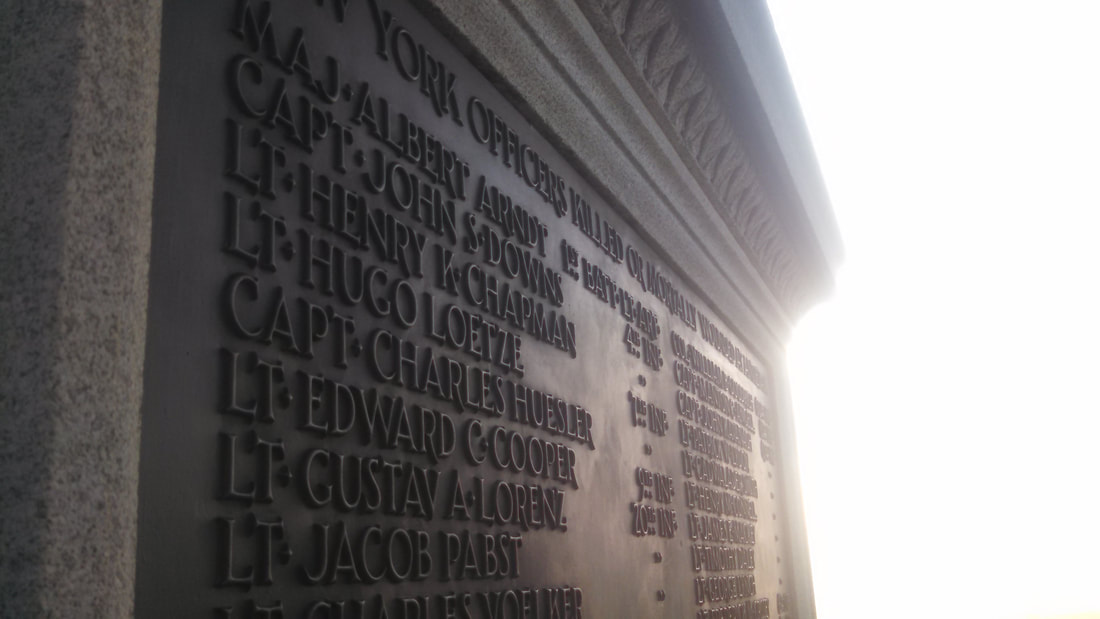 Equals
Equals 10 of 13
“… See?”
“I see New York Yanks Johnny – and officers at that.”
“Before, when it looked like the cannon was firing on the monument.”
“The cannon fired on these men.”
“These ‘Mericans Gus.”
“I see that Johnny.”
“These men, these NY Yanks, they can’t communicate with me Gus: you can.”
“Why?”
“Why the Valkyrie?”
“Just a story you said.”
“Your story.”
“I’m to fight again, with you?”
“Not against with, together with this time.”
“So we defend the Constitution, together, instead of attacking each other, over the Constitution, like we did before.”
“As equals.”
“Equals?”
“There’s a missing counter-balance in my story, a ‘Gus Yank’ so to speak.”
“You ain’t really asking or telling me, are you Reb?”
“Explanation I thought … could also be a volunteer moment.”
“‘Captain Downs’ … the privates had fun with that one.”
“What if he had been promoted?”
“Major Downs, big fun.”
“How about ‘Gustuv’ and ‘Hugo’?”
“Not so much, strong names, you know, like Jonathan.”
“And Augustus.”
“Let’s take a seat Reb.”
“Let’s …”
Next Up: Part 11 on 7 August of the summer series Gus Yank and Johnny Reb Somewhere On Our Way: Strings.
Posted by Bryan W. Brickner
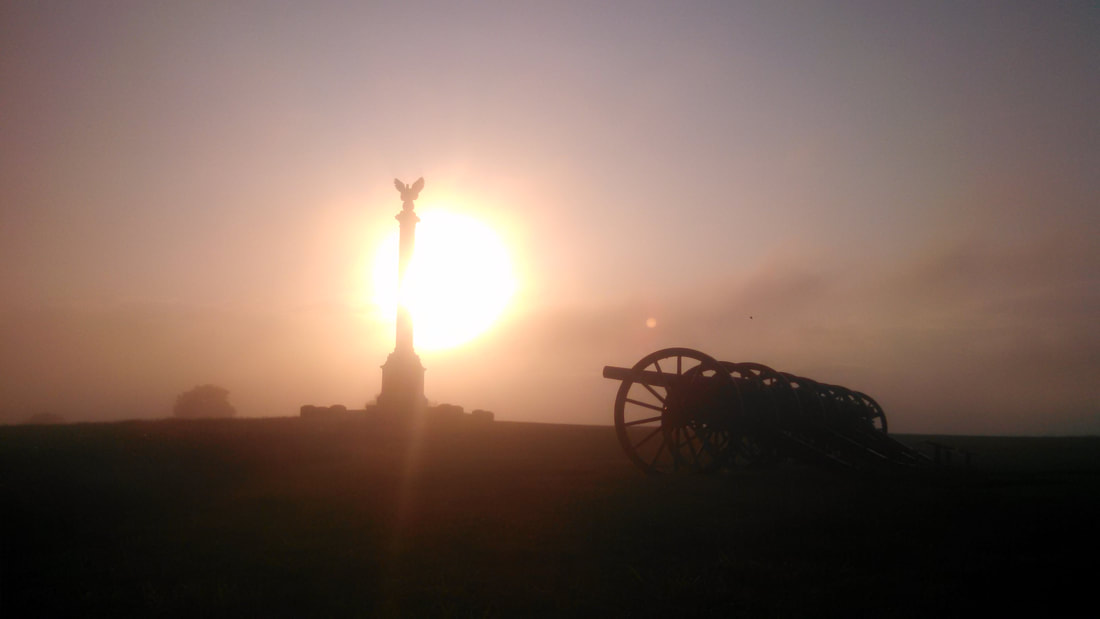
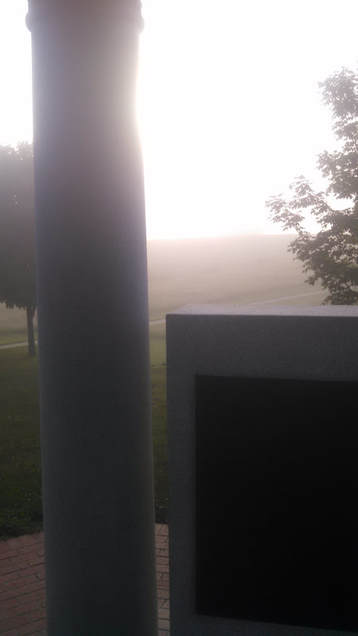





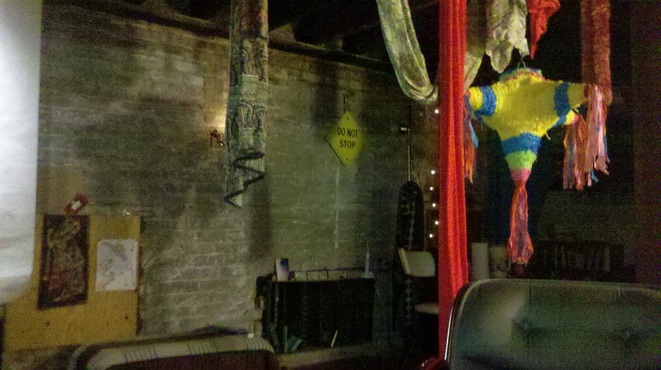
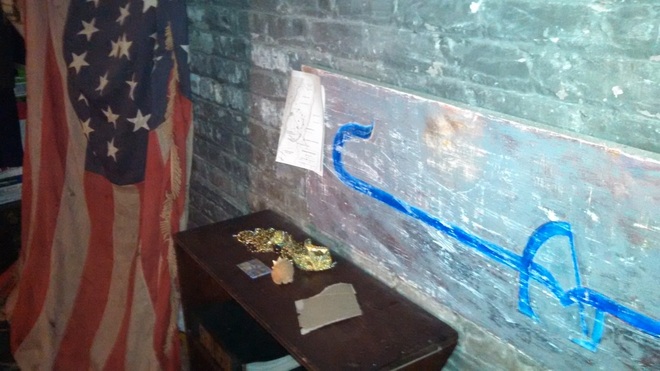
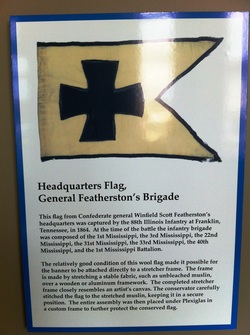
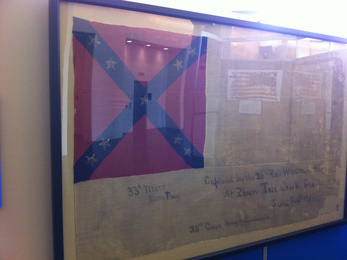
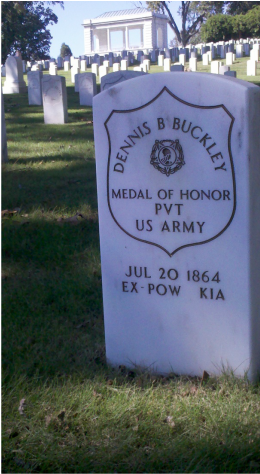
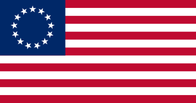
 RSS Feed
RSS Feed
